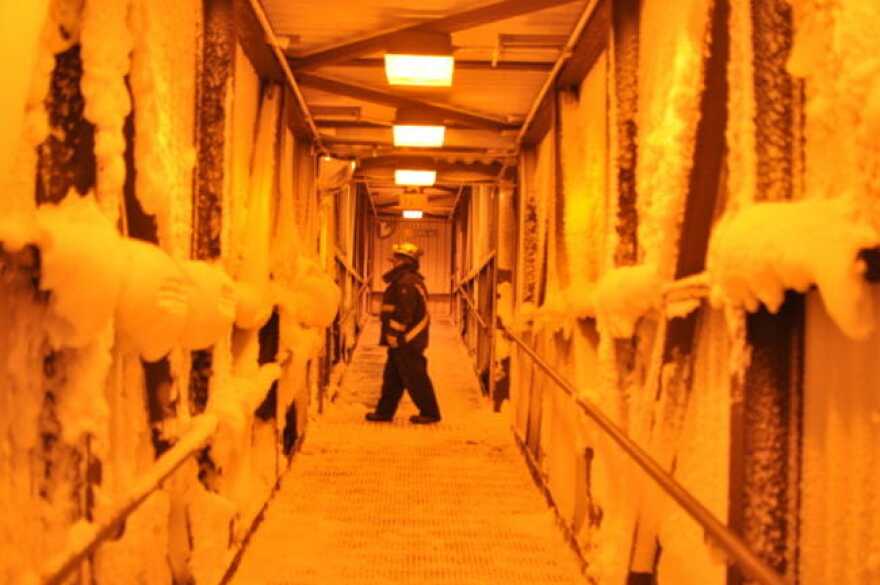This year, job numbers in the Prudhoe Bay region dropped to the lowest levels in a decade, according to the Alaska Department of Labor and Workforce Development.
State data shows that in May, 8,923 workers were employed in the region, which is dominated by the oil sector and the industries that support it. The last time numbers were that low was in May 2007, when 8,836 workers were employed there. That’s compared to record-high of 13,485 jobs in March 2015.
Oil prices have gone up a bit recently, but state economist Neal Fried said it’s hard to predict whether the industry will stop shedding jobs any time soon.
“We’re not quite sure whether those numbers are beginning to flatten out or not,” Fried said. “We can’t answer that question.”
Fried estimates that in the first half of this year, 2,100 people lost their jobs in Alaska’s oil sector. Fried introduced the data at a recent Resource Development Council conference in Anchorage.
The oil price crash that began in 2014 — and the industry layoffs that followed — are at the root of Alaska’s current recession.
But Fried said an economic recovery for Alaska doesn’t have to lean entirely on the oil industry.
“It’s not going to take a recovery in the oil sector to necessarily cause the recession to come to an end,” Fried said. “There could be other industries that even are just growing marginally.”
For the first half of 2017, overall job losses in Alaska slowed. Fried said sectors like fisheries, tourism and the military could help pull the state out of the recession, even if the oil industry doesn’t start adding jobs again.

